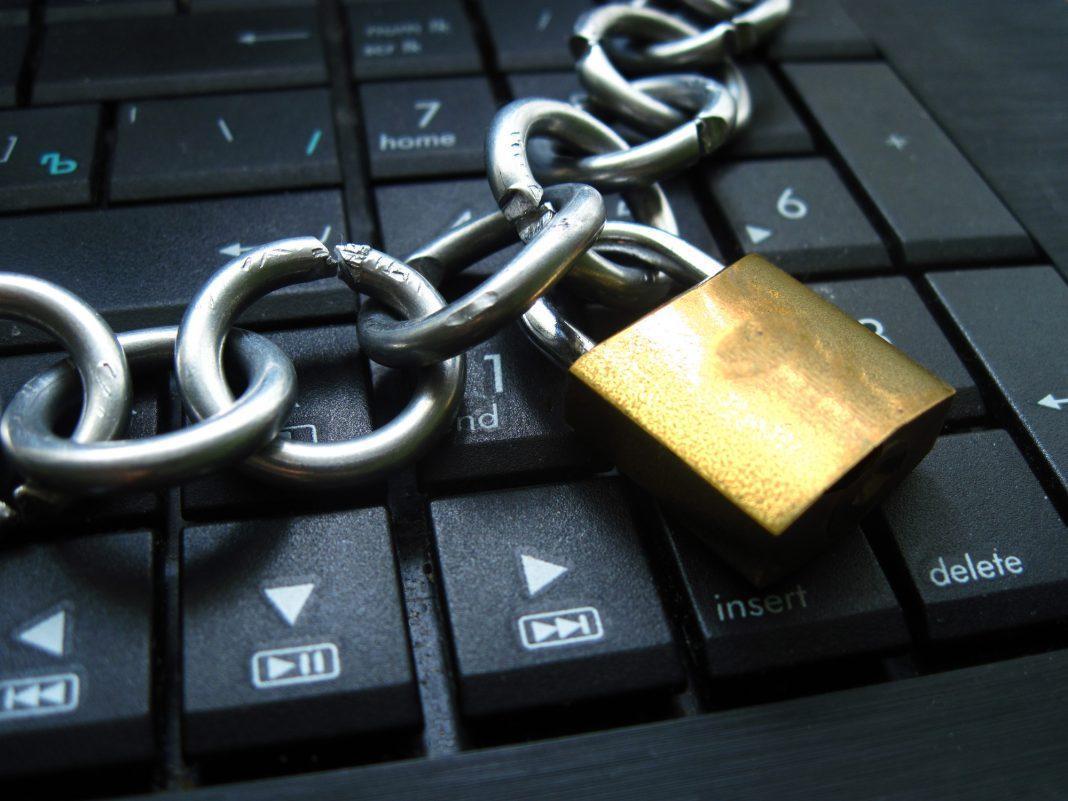Russian President Vladimir Putin has signed a bill to create a separate Russian national internet.
The legislation is primarily focused on establishing an autonomous national system, separate from the internet used globally, which would have its own DNS system and would require all traffic in the country to pass through online government monitoring. Putin has justified the move as being due to mitigating the threats of interference from foreign governments in Russian politics.
The bill comes on the heels of several other measures passed by Putin’s government, largely aimed at curtailing internet freedom, including one passed in March that granted it the power to punish Russian citizens for insulting public officials, and another targeting “unreliable socially significant information.”
Civil libertarians and security experts alike say Putin’s project mirrors China’s massive censorship of the Internet, which is called the “Golden Shield Project” and the “Great Firewall.”
“It’s about being able to cut off certain types of traffic in certain areas during times of civil unrest,” said Russian author Andrei Soldatov.
The intended separation from the wider internet has also proven unpopular with Russians. A recent poll conducted showed only 23% approve of the legislation, and thousands of protestors demonstrated in Moscow in opposition to it earlier this year.
Read more about the story here.










